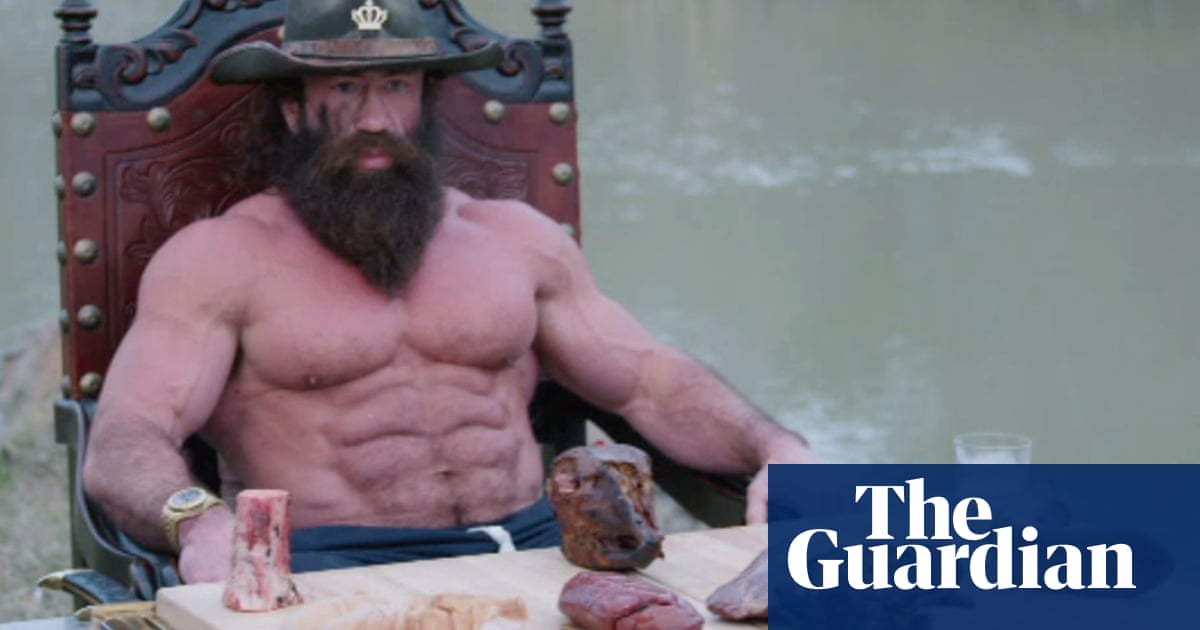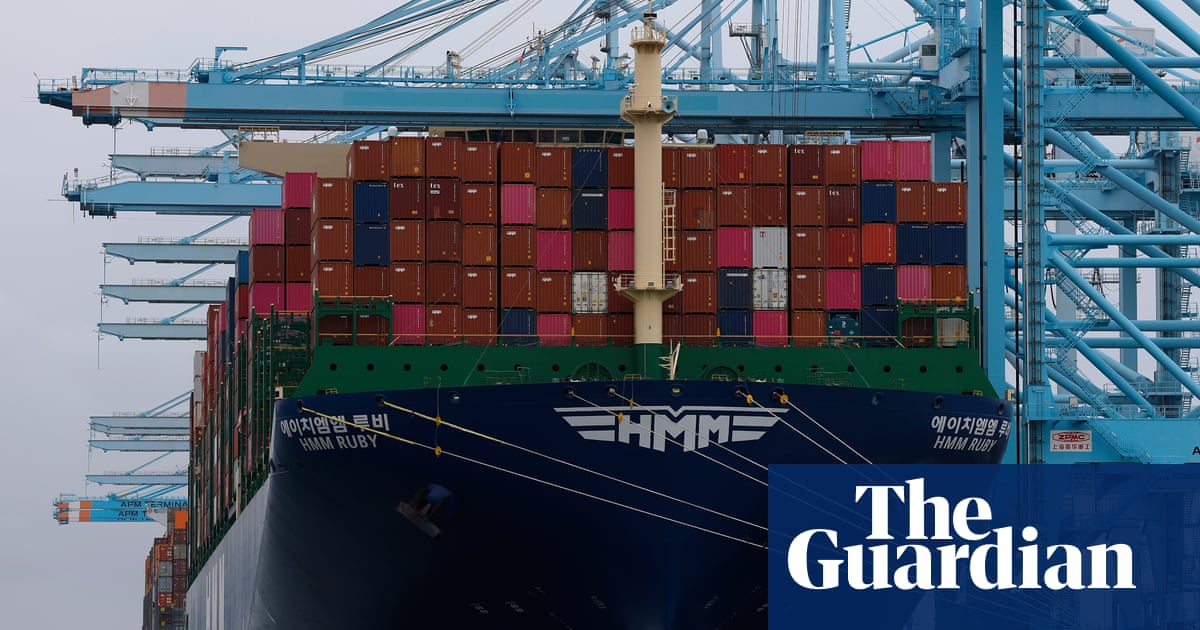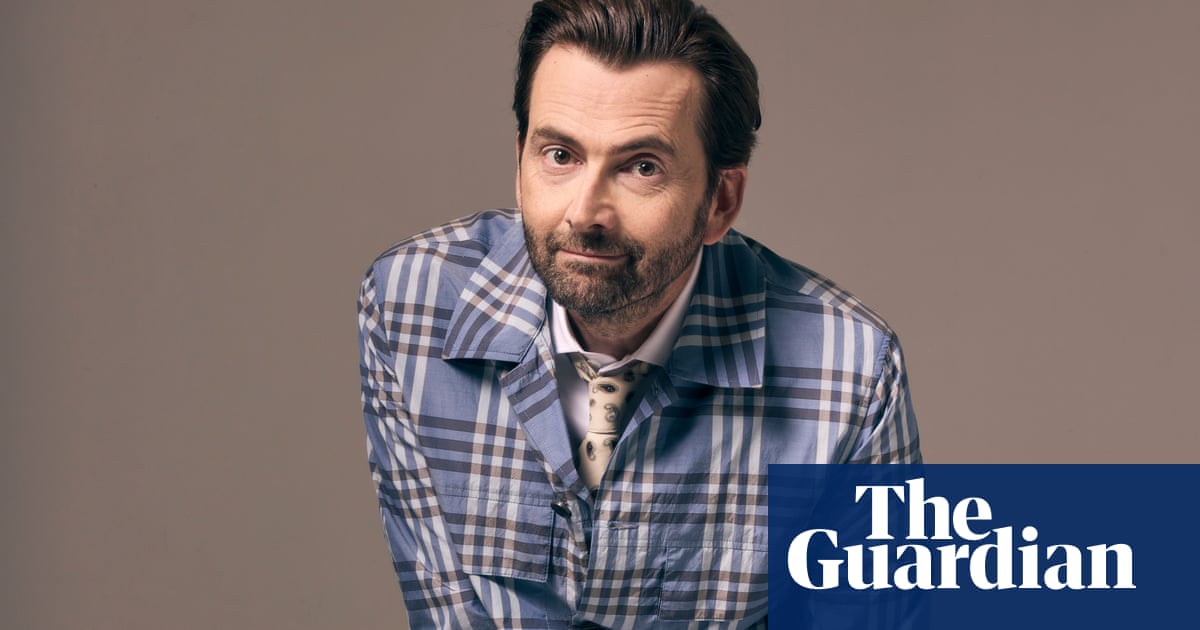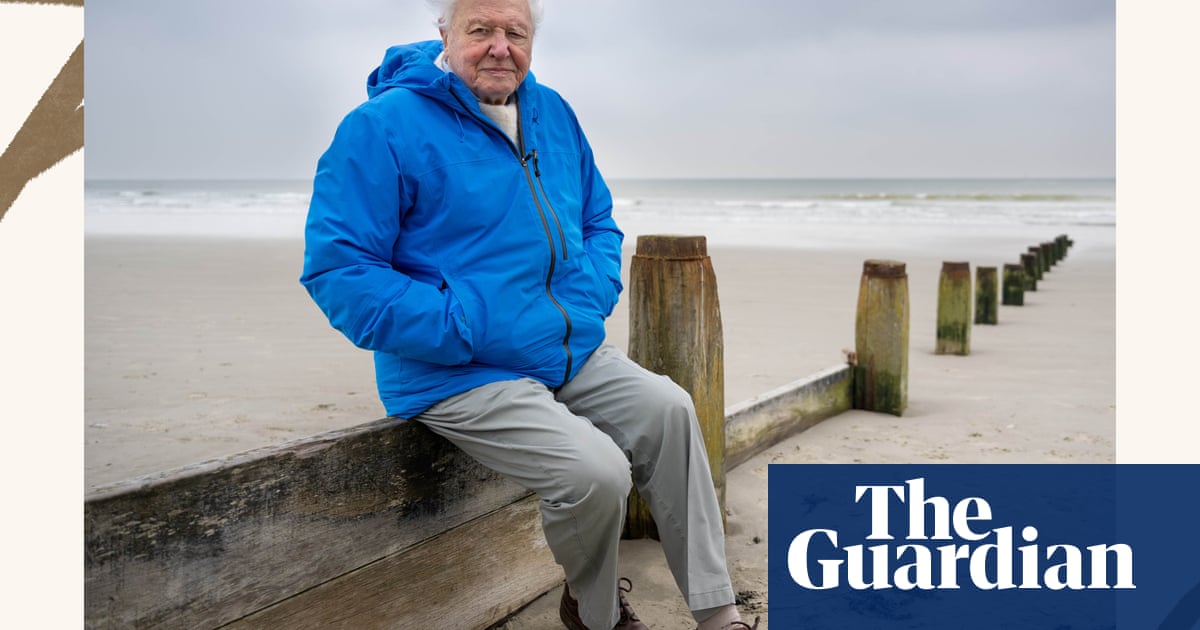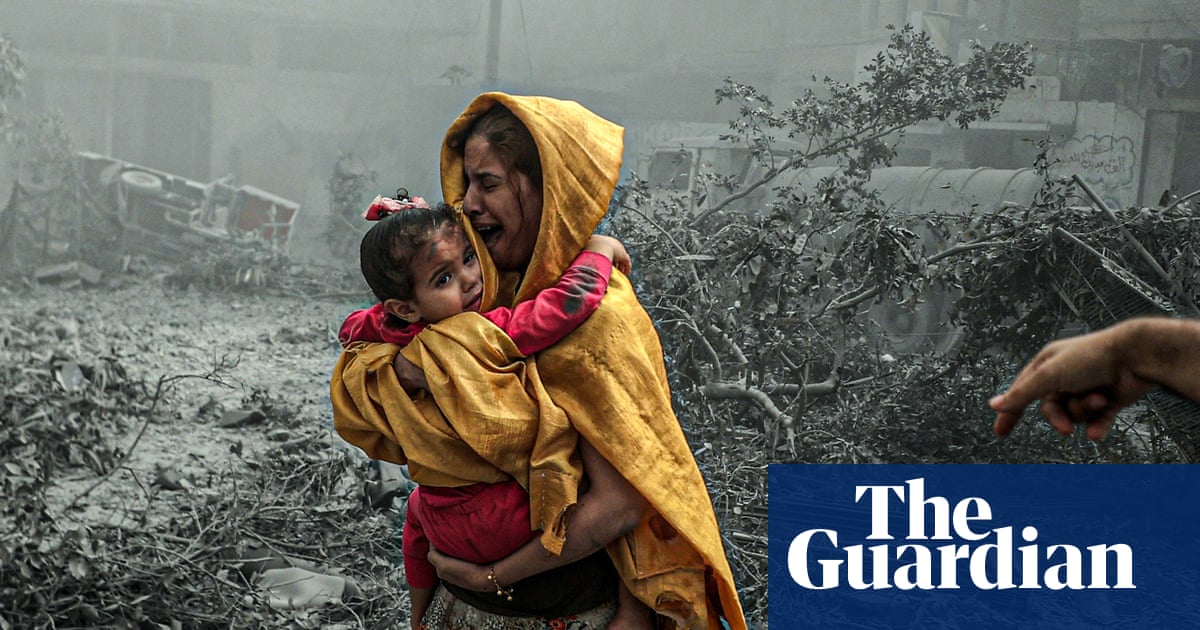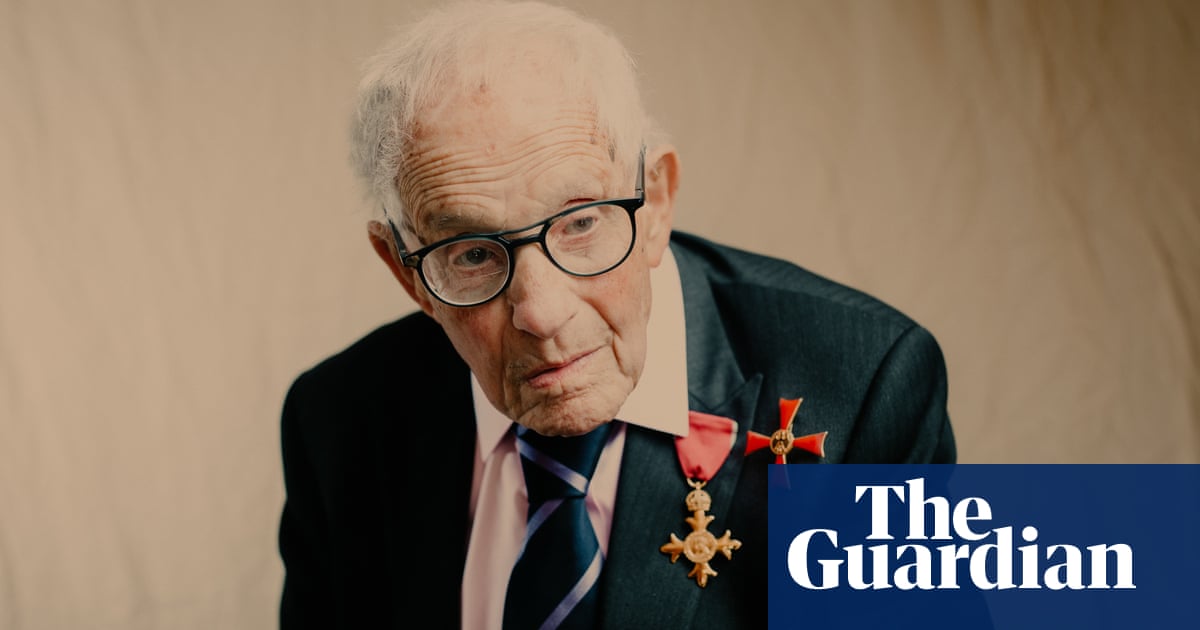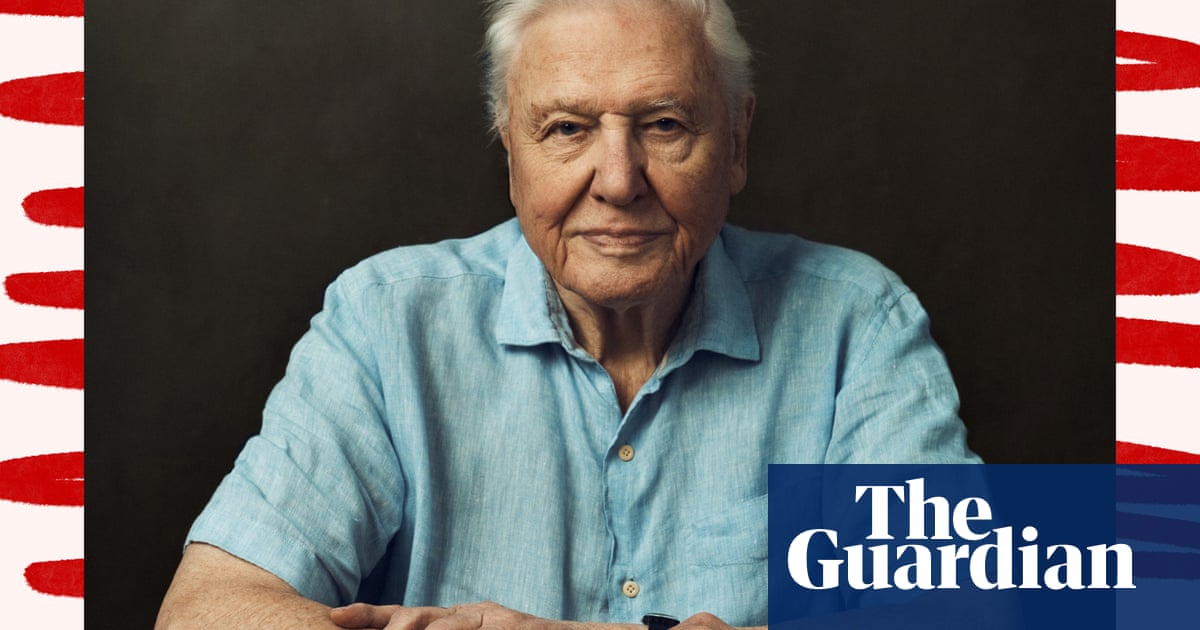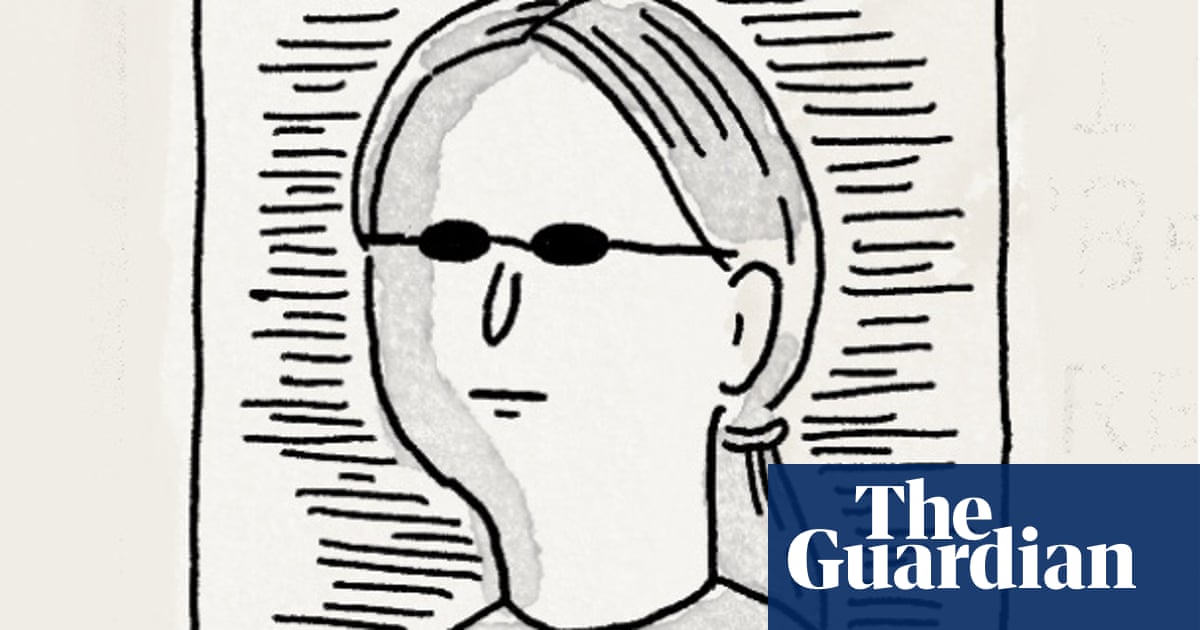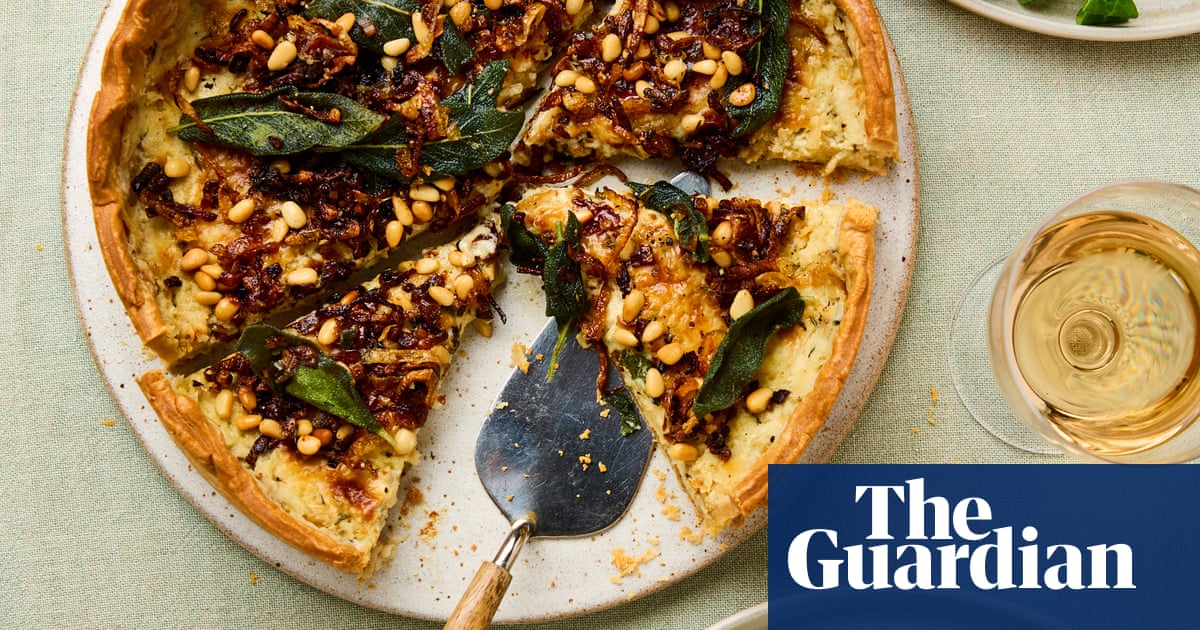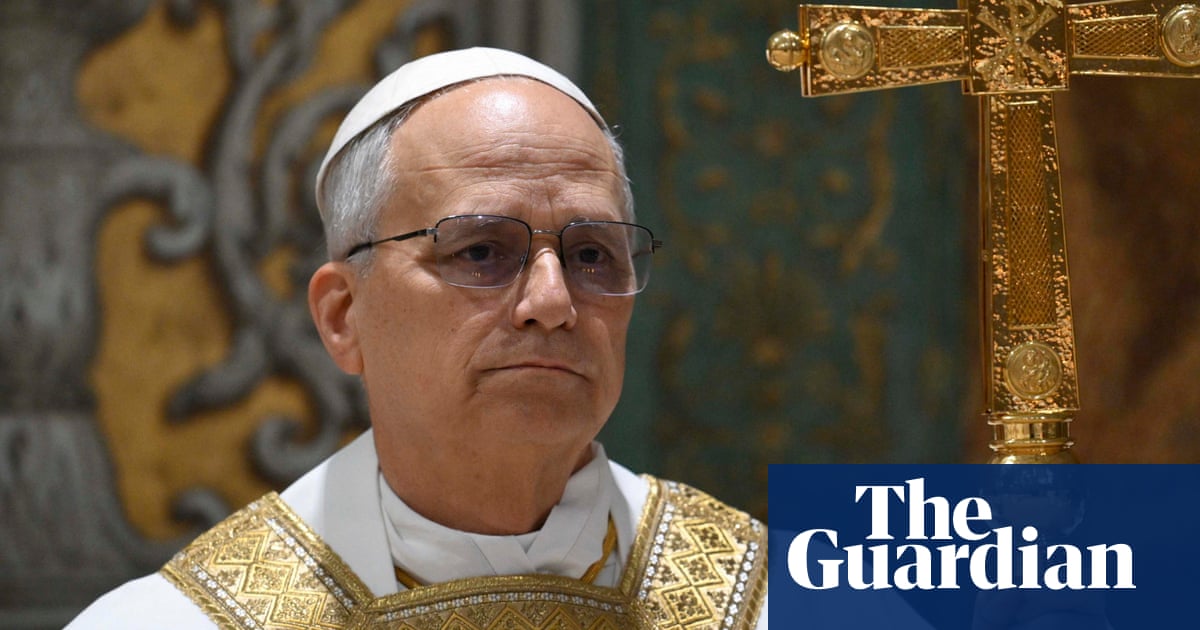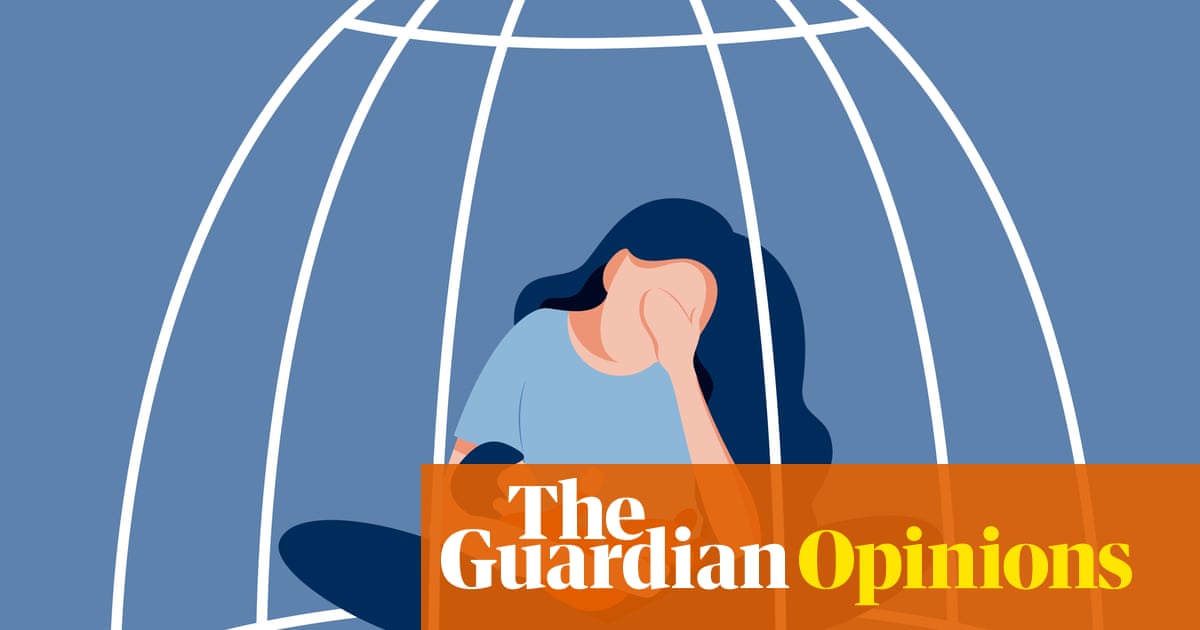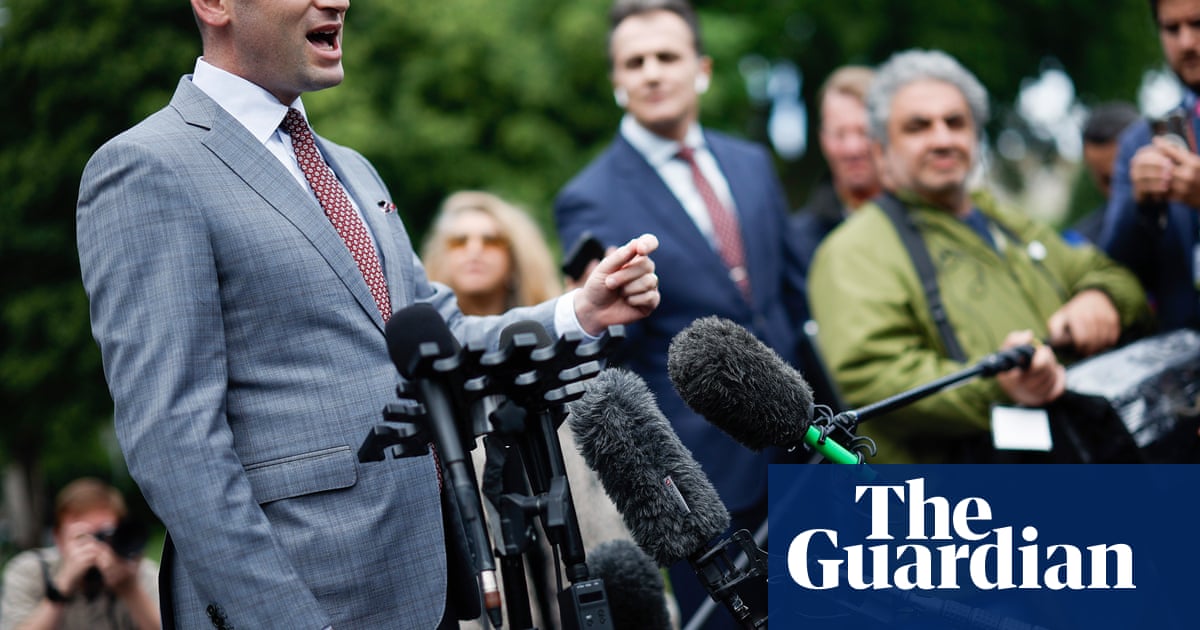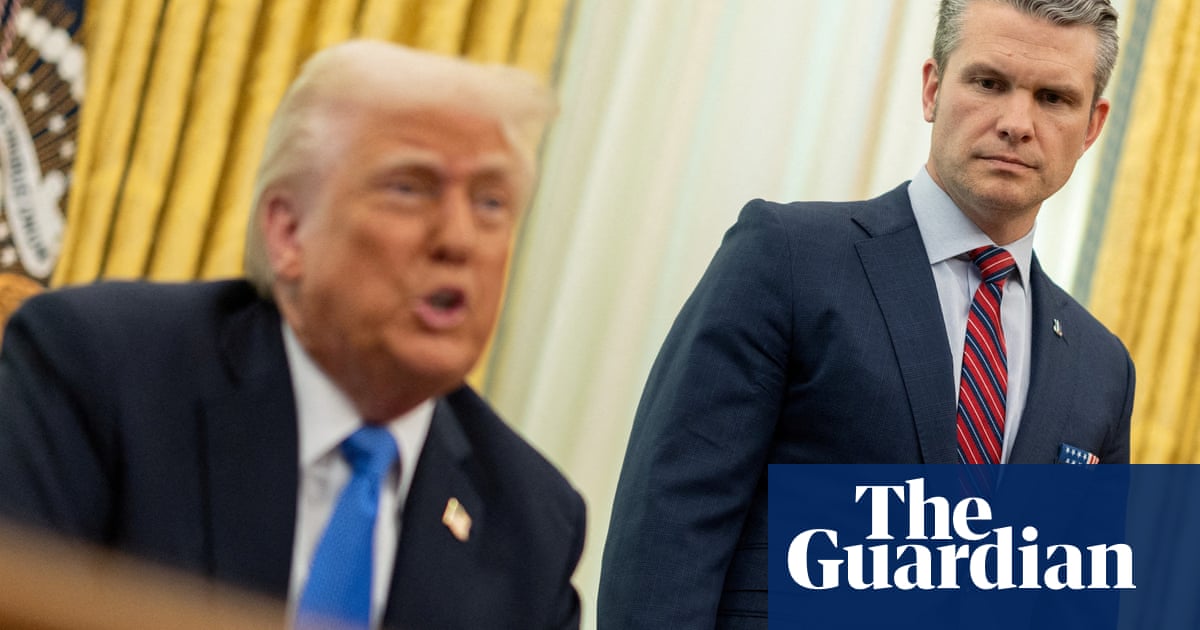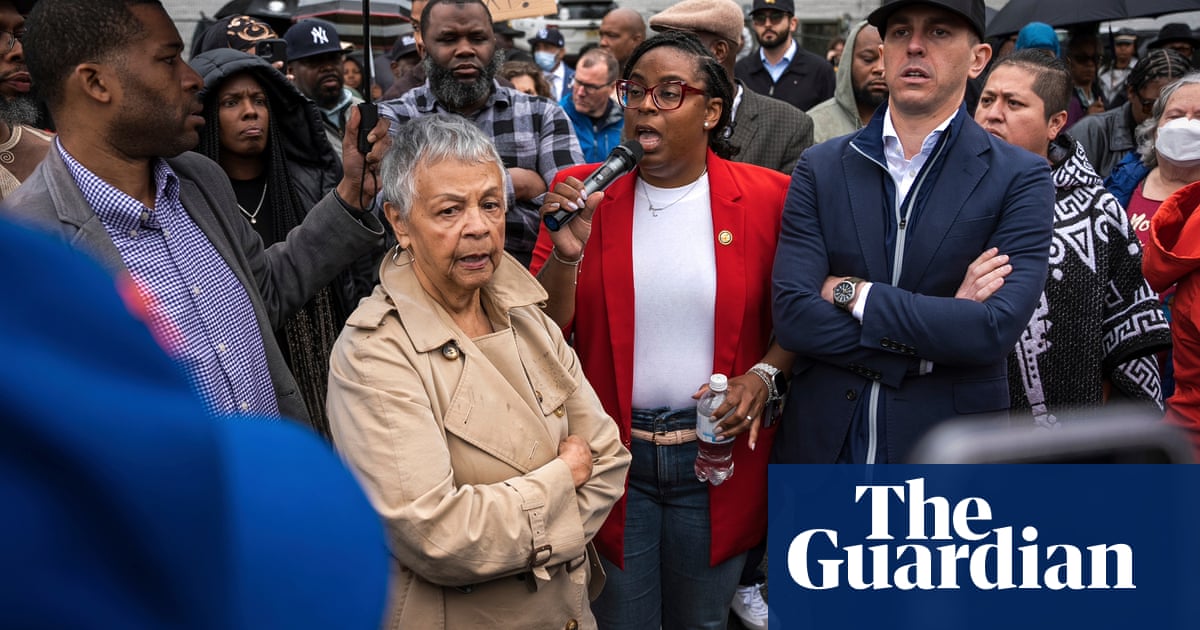Rutte urges UK to ramp up arms manufacturing
Rutte says Nato countries need to spend more on defence.
In a dangerous world, spending 2% of GDP on defence (the current Nato target) will not be enough, he says.
He says the UK understands this.
We need to invest considerably more. We also need to replenish our stocks, and fast, there’s no time to waste.
Reviving our defense industries, to ramp up defense production is an absolute mus.
During the world war two, factories in the UK and the US produced billions of rounds of ammunition. That was before digitisation and automation.
With all the might of British manufacturing, just imagine what we could achieve now.
Key events 9m ago Starmer says he does not accept UK has to choose between US and EU 11m ago Starmer plays down significance of Trump's tariff announcements, saying it is 'early days' and open trade important 19m ago Rutte urges UK to ramp up arms manufacturing 23m ago Nato chief Mark Rutte and Keir Starmer hold press conference 37m ago Commons procedure committee launches inquiry into whether MPs should vote electronically 2h ago Green party calls for Ofsted to be abolished 2h ago Britons would prefer PR voting system to first-past-the-post by almost two to one, poll suggests 3h ago Phillipson responds to union attacks on new Ofsted report cards saying children's life chances should be their priority 3h ago Badenoch meets Charles as Buckingham Palace revives tradition of audiences with new opposition leaders 3h ago Starmer should convene Commonwealth summit to organise joint retaliation against US for tariffs on Canada, Lib Dems say 3h ago No 10 says PM 'focused on delivering' in response to questions about damning quotes in new Starmer book 3h ago No 10 sides with Denmark over Greenland – but declines to criticise Trump's threats, saying they're 'hypothetical' 4h ago No 10 says UK has 'fair and balanced' trading relationship with US, implying Trump has no justification for tariffs 5h ago Starmer changed personal email after suspected Russian hack in 2022, new book reveals 5h ago Polish PM Donald Tusk says he wants to have UK 'as close as possible to EU when it comes to security issues' 6h ago Phillipson says she is 'deeply concerned' about school absence rates 6h ago Phillipson says it's 'insulting' to suggest new Ofsted report cards too complicated for parents 6h ago New Ofsted report card system will provide 'rich, granular insight', Bridget Phillipson says 7h ago Ofsted’s new school report card worse than old system, say headteachers 7h ago UK could avoid the US tariffs the ‘atrocity’ EU is facing because Starmer has been ‘nice’, Trump suggests Show key events only Please turn on JavaScript to use this feature
Starmer says he does not accept UK has to choose between US and EU
Q: Will you water down the EU reset to keep Trump onside?
Starmer says the US and the EU are both important to the UK.
That has always been the case, he says.
He says, in talks with president Trump, he has spoken about defence and trade.
Both of these relations re very important between us. We are not choosing between them.
Starmer plays down significance of Trump's tariff announcements, saying it is 'early days' and open trade important
Starmer and Rutte are now taking quesions.
Q: [To Rutte] Do you fear the Atlantic alliance is unravelling?
Rutte says there are always between allies.
He says the US sells more to Europe than Europe does to them.
And he claims this issue will “not have an impact on our collective deterrence”.
Q: [To Starmer] Trump is threatening allies. Isn’t he a bad thing for security?
Starmer says, on tariffs, it is “early days’.
He says it is “really important” to have “open and strong trading relations”.
And he plays tribute to the role the US has played in relation to Ukraine.
Starmer goes on:
Things that would have provoked utter outrage just a few years ago have now become almost commonplace. Russian spy ships loitering off the British coast, a campaign of sabotage across Europe, cyber attacks, election interference and attempted assassination.
Russia is seeking to destabilise our continent and target our values. So we should still be outraged, and we must harden European defence …
Our defence spending is, of course, 2.3% of GDP now, and we’re working hard to set the path to 2.5%.
Keir Starmer is speaking now.
He recalls visiting Ukraine recently and stresses the need for Nato countries to keep up the pressure on Russia, using the quotes briefed overnight. (See 10.11am.)
Rutte urges UK to ramp up arms manufacturing
Rutte says Nato countries need to spend more on defence.
In a dangerous world, spending 2% of GDP on defence (the current Nato target) will not be enough, he says.
He says the UK understands this.
We need to invest considerably more. We also need to replenish our stocks, and fast, there’s no time to waste.
Reviving our defense industries, to ramp up defense production is an absolute mus.
During the world war two, factories in the UK and the US produced billions of rounds of ammunition. That was before digitisation and automation.
With all the might of British manufacturing, just imagine what we could achieve now.
Nato chief Mark Rutte and Keir Starmer hold press conference
Mark Rutte, the Nato general secretary, is opening the press conference with Keir Starmer.
He starts by paying tribute to the contribution the UK makes to the Nato alliance.
Commons procedure committee launches inquiry into whether MPs should vote electronically
The Commons procedure committee has launched an inquiry into whether MPs should be able to vote electronically. Currently they have to vote in person, by going through the division lobbies on either side of the Commons chamber, and there is very little scope for proxy voting. This takes time, and a division normally last 15 minutes, from start to finish.
In the past MPs have always resisted a move towards electronic voting, because many of them like the chance to meet colleagues in the division lobbies. For government backbenchers, it can be the one chance they get in the week to speak to cabinet ministers.
But more than half of MPs in the Commons now were only elected at the last election, and some of the new arrivals feel parliamentary procedures are too antiquated.
Announcing the inquiry, Cat Smith, the Labour chair of the procedure committee, said:
Electronic voting is already in use in other legislatures in various forms – including in the House of Lords - and the new parliament gives us the chance to investigate whether it’s time for the House of Commons to adapt its procedures.
There are several factors to consider before any major changes, such as the historical context for in-person divisions, the impact of the recent introduction of pass readers in the voting lobbies, and the robustness of our technological systems.
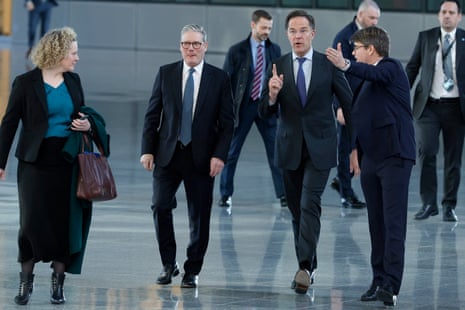
Photograph: Omar Havana/AFP/Getty Images
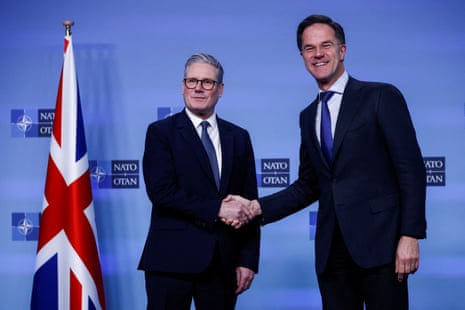
EU leaders will expect Keir Starmer to set out “concrete proposals” for a UK-EU defence pact when they meet tonight, according to Ed Arnold, senior research fellow for European Security at RUSI, the defence thinktank. Arnold said:
The visit of the prime minister to an informal EU Summit – the first such visit since Brexit – is a critical moment in the government’s ‘reset’ agenda. Defence will dominate discussions. However, six months on from Labour’s election victory, there is still little detail on what the UK wants from an ‘ambitious UK-EU defence and security pact’, or the value that each side could gain, outside from the improved politics.
Therefore, the prime minister will need to outline concrete proposals and negotiation start points to entice the EU into putting political capital into pursuing such an agreement.
Despite defence being a sensible area to pursue enhanced cooperation, it will not be easy to insulate it from other policy areas, and it should therefore be seen as one part of a wider – and more complicated – set of negotiations.
Chris Mullin, a former Labour Foreign Office minister, says if Donald Trump does impose tariffs on the UK, at least there might be an upside. He has posted this on social media.
I hope Trump does impose tariffs on the UK because then we might wake up and realise that our future lies with Europe and not with the USA.
Green party calls for Ofsted to be abolished
The NAHT, the school leaders’ union, has joined other teaching unions in criticising the plans for new Ofsted report cards. In a statement Paul Whiteman, the NAHT general secretary, said:
School leaders share the education secretary’s determination to ensure that all children, no matter what their background, receive a first-rate education, and they welcome fair, proportionate accountability. However, we are deeply concerned that many of Ofsted’s proposals will hinder, not help in this mission.
The inspectorate previously struggled to offer a fair reliable and consistent single-word rating during a two-day inspection, harming teacher and leader retention and driving sky-high rates of ill health. Rather than engage in fundamental reform it seems to think it can judge multiple complex areas in the same timeframe, piling more unnecessary pressure on school leaders and their staff working hard to deliver for pupils.
What’s needed is a constructive approach to schools facing the greatest challenges to improve, supported by significantly more investment. We urgently need to better understand how RISE [regional improvement for standars and excellence] teams will work alongside schools – but make no mistake, if their operation is informed by a flawed inspection framework this will undermine their effectiveness.
The Green party has gone further, saying Ofsted should be abolished. The Green’s education spokesperson Vix Lowthian said:
Ofsted isn’t working. For teachers or parents.
We’ve seen the toxic impact it can have on teachers and we know it doesn’t serve children.
These reforms are too close to the previous failed model.
We must instead scrap Ofsted and end the era of forcing teachers into narrowly defined boxes.
To replace it we need a collaborative model connecting teachers on the frontline with local experts.
By connecting them with specialists in pedagogy, child development and social care we can encourage teacher retention, tailor support to local circumstances and drive much better local and national outcomes.
Murdo Fraser, business spokesperson for the Scottish Conservatives in Holyrood, says Donald Trump’s plan to impose tariffs on the EU means the SNP plan for an independent Scotland to rejoin the EU is “utter madness”. He has posted this on social media.
When @realDonaldTrump is proposing trade tariffs on the EU but not the UK, it is utter madness for the SNP to be proposing breaking away from rUK in order to join Europe
Britons would prefer PR voting system to first-past-the-post by almost two to one, poll suggests
Britons think a proportional representation voting system would better than first-past-the-post by a margin of almost two to one according to new polling by YouGov.
49% of Britons support introducing proportional representation, with just 26% backing first past the post
PR: 49%
FPTP: 26%
By party voted for in 2024
Green: 72% PR vs 15% FPTP
Reform UK: 67% vs 20%
Lib Dem: 61% vs 20%
Labour: 53% vs 27%
Conservative: 39% vs 42%… pic.twitter.com/a2YDgwKbx1
There is a full write-up here.
Phillipson responds to union attacks on new Ofsted report cards saying children's life chances should be their priority
Bridget Phillipson has said she expects the “first priority” of unions to be “children and their life chances”, after her new proposals for Ofsted inspections were criticised for being worse than the system they would replace, PA Media reports.
The education Secretary said she will “always seek to engage in dialogue” with unions, but she “won’t let anything get in the way” of her responsibility to families and children.
Asked by reporters what her message to unions would be given they have criticised the plans and unhappiness over pay proposals, Phillipson replied:
My first priority is children and their life chances, and that’s what I’d expect their first priority to be as well.
Of course I’ll always seek to engage in dialogue and have a constructive relationship where that’s possible, but my first responsibility as secretary of state is to children and families and to their life chances and I won’t let anything get in the way of that.
Pushed more on whether she was listening to teachers and their concerns, she added:
I think there’s been a lot of discussion about how I as secretary of state am apparently in hock to the trade unions. I think we’ve seen today from the reaction to what we’re setting out that that’s very far from the truth.
I will always seek a constructive relationship with trade unions representing our teachers and workforce, they’ve got an important role to play.
But my first priority will always be children and their life chances. That has to be my focus and that’s my first responsibility.
Here is the full text of Phillipson’s speech, in which she she said the new report cards would provide “rich, granular insight”.
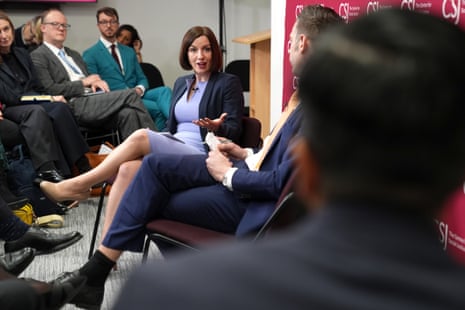

 3 months ago
63
3 months ago
63



